Quality air conditioning
After implementing a two-level government, Dak Plo Primary and Secondary School (Dak Plo, Quang Ngai) is gradually overcoming difficulties in human resources, moving towards a boarding school model to improve the quality of education for ethnic minority students.
Mr. Dang Quoc Vu - Principal of the school said: In the 2024 - 2025 school year, the school lacks teachers for Natural Sciences and Fine Arts. Teachers are not qualified so the school's Board of Directors must hold concurrent positions.
“In the Fine Arts subject, the Music teacher teaches the students. To meet the teaching needs, teachers have to learn and improve their knowledge on the Internet. Although they only teach basic knowledge, one lesson per week, it is not in the subject area, so it affects the quality of students' learning,” said Mr. Vu.
In order to ensure teachers in the new school year and improve the quality of education, Dak Plo Primary and Secondary School registered to recruit 2 additional primary school teachers and 2 secondary school teachers; At the same time, proposed 2 teachers who know Lao to serve the needs of students in the border area.
After the merger, Dak Plo Primary and Secondary School also developed a project to establish a boarding school, initially for grades 8 and 9. This model aims to welcome students from villages 15 - 25km away from the school, such as Dak Nhoong and Dak Man. "The border climate is harsh, with heavy rain and slippery roads, affecting the attendance rate of students.
We hope that the boarding school model will soon be approved and appropriate facilities will be invested in. With accommodation at the school, teachers will be able to teach with peace of mind and students will have more stable learning conditions,” Mr. Vu said.
According to statistics, last school year, the school had 68 students enjoying the boarding regime according to regulations. In addition, children in especially difficult areas also received support for study costs and with the support of benefactors, they were supported with books, clothes...
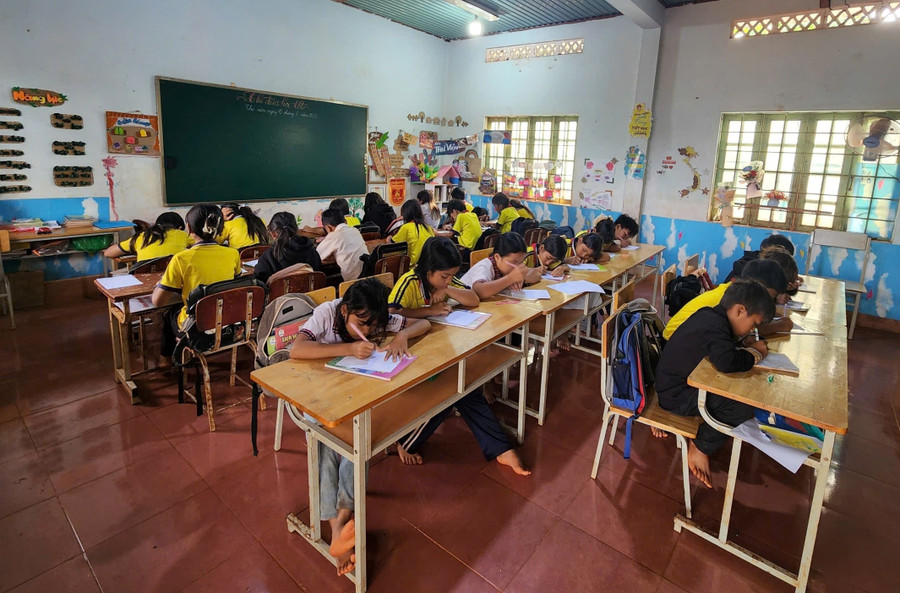
However, not all areas are in border communes like Dak Man, so there is a difference in support policies between students in the class/school. Therefore, the school hopes that the authorities will soon consider adding this area to the border or particularly difficult area, to ensure full policies for both teachers and students.
Similarly, Huynh Thuc Khang High School (Ia Grai, Gia Lai) is short of 12 teachers in the 2024-2025 school year, forcing it to sign temporary contracts. Management staff such as the principal and vice principal often have to teach in class and take on many classes concurrently. The unit has proposed to the relevant authorities to recruit enough teachers in the new school year, ensuring stable teaching activities and reducing the workload for current teachers.
Before the merger, the People's Council of Da Nang City issued Resolution 41/2025 to recruit 584 additional labor contracts signed under Decree 111/2022 of the Government to arrange additional teachers at educational and training units under the People's Committees of 15 communes and wards.
However, in Quang Nam (old), with 2,792 teachers on the payroll/1,404 classes, schools are still short of 431 people compared to the quota set by the Ministry of Education and Training. Therefore, the Department of Education and Training of Da Nang (new) recommends that the City People's Committee should soon organize teacher recruitment in time for the new school year.
Mr. Nguyen Hoang Nam - Deputy Director of the Department of Education and Training of Da Nang said that the shortage of teachers is concentrated in some schools in mountainous areas, which has lasted for many years now, with the paradox that the more exams are organized, the more the shortage increases because a number of teachers in the payroll take the civil service exam to return to the plains. Before merging administrative boundaries, Quang Nam developed a one-time support project for teachers assigned to work in difficult areas but has not yet submitted it to the People's Council.
According to the draft, Quang Nam will provide one-time support of 50-100 million VND when teachers take up work in mountainous areas and monthly living expenses of 1.2-1.8 million VND/person. "This attraction policy needs to be implemented to partly solve the problem of teacher shortage, help schools in remote areas stabilize their staff, and improve teaching quality," Mr. Nam suggested.
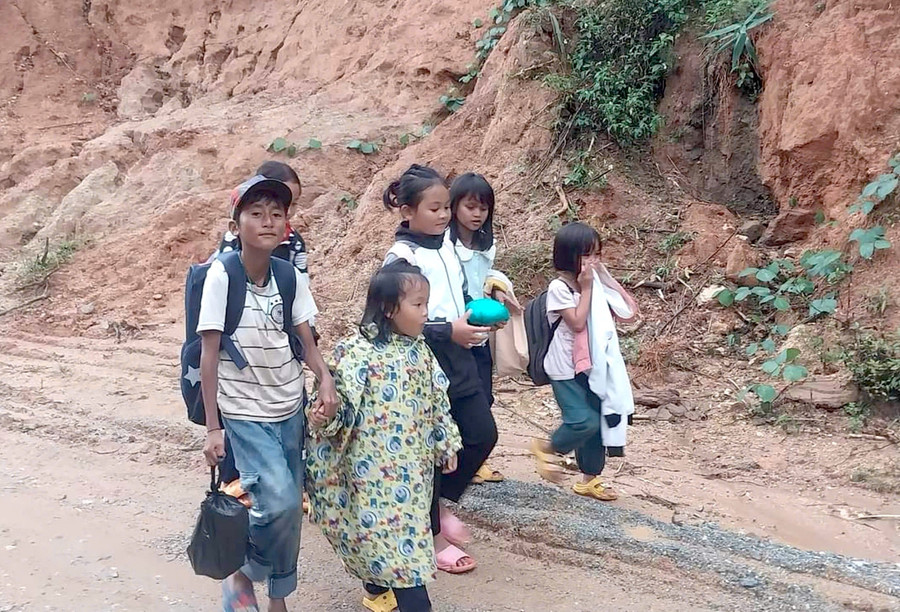
Inheriting the policy of supporting students in difficult areas
In Ngok Reo commune (Quang Ngai), a new administrative unit formed from the merger of Ngok Reo and Ngok Wang communes, the local government has also gradually reviewed the entire school system after the merger.
Mr. Dang Ngoc Tien - Chairman of the People's Committee of Ngok Reo Commune, said: The two-level government has just come into operation, so the locality will work with schools to get information about the number of teachers, students and related policies and regimes. From there, there will be an overview of the local education situation.
Ngok Reo currently manages five schools from kindergarten to junior high school. According to Mr. Tien, when the two communes merge into one, it will more or less affect some of the treatment regimes for the people, teachers and students.
“After synthesizing the information, the locality will coordinate with the relevant authorities to balance and make reasonable adjustments to ensure the rights and conditions for studying and living for the children; contributing to improving the quality of education in disadvantaged areas,” Mr. Tien emphasized.
Since 2021, the People's Committee of Quang Nam province (old) has issued Resolution 27 regulating support policies for preschool children, pupils and students who are ethnic minorities and are not eligible for support from the Central Government.
Accordingly, the level of food allowance for students enjoying local policies is 300,000 VND/month, lasting from 2021 to 2026. To match the support level of students enjoying policies under Decree 116/2016 when increasing the basic salary, Quang Nam has increased the support level for students enjoying the project to 360,000 VND/month.
In addition, Quang Nam also has a policy to support funding for cooking services for preschool children for public educational institutions (VND 4.47 million/month/allowance, then increased to VND 5.4 million); boarding schools for ethnic minorities, schools with centralized cooking organization is more than VND 7 million/month/allowance. The support amount in 3 years, from 2022 - 2025 is more than VND 68 billion.
The above resolutions issued by the People's Council of Quang Nam province (old) were all based on Decree 116/2016 of the Government. However, up to now, Decree 116/216 has expired and been replaced by Decree 66/2025. Therefore, the locality needs to adjust, amend, supplement, and merge into a new resolution to replace the previous resolutions to ensure legality and continuity in policy implementation.
Before merging provinces and cities, at the request of the People's Committee of Quang Nam province, on June 24, the People's Council of Quang Nam province issued Resolution 48 agreeing on the policy of submitting to the competent authority of Da Nang city (new) to issue support policies for preschool children, pupils and students who are ethnic minorities; pupils and students with disabilities studying at educational institutions in the area to implement the policies promptly, without interruption from the beginning of the 2025-2026 school year.
According to Mr. Nam, the support policies have had a positive impact on sustainable poverty reduction in the locality, contributing to improving the material and spiritual life of poor and near-poor households to access basic social services in education, minimizing the dropout rate among students in ethnic minority mountainous areas; at the same time, improving the quality of education in mountainous areas.
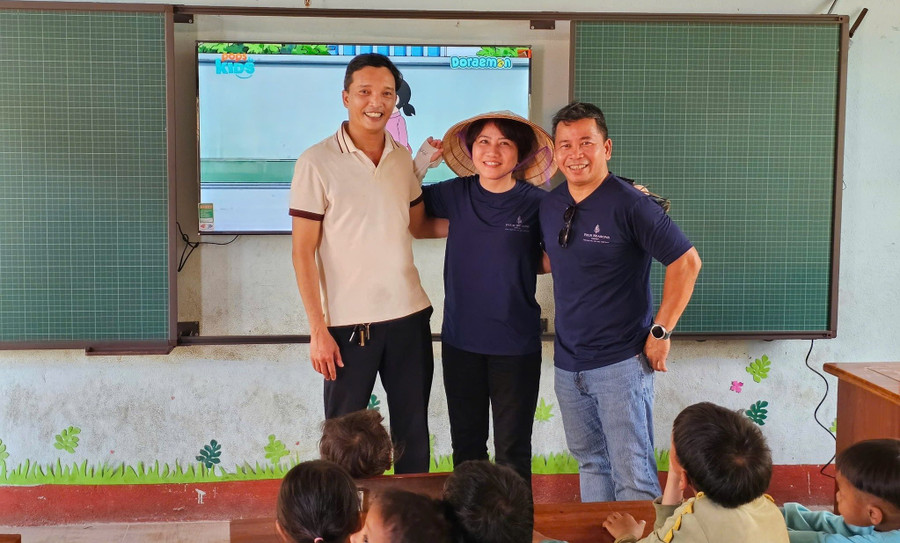
Need long-term stability
Of the 1,600 students at Huynh Thuc Khang High School (Ia Grai, Gia Lai), 16.7% are ethnic minority students. According to Principal Nguyen Van Truong, the school currently has 165 students exempted or with reduced tuition fees; many others enjoy boarding school and study cost support according to policies for disadvantaged areas.
The new Ia Grai commune where the school is located was formed after the merger of 3 administrative units: Ia Kha town, Ia Ba commune and Ia Grang. Although the policies for students will remain the same for now, the school also has certain concerns.
“In the long term, if the regional classification changes, policies supporting ethnic minority students may be affected. This will have a significant impact on the quality of education and the ability of students to continue studying at the secondary level. We hope that all levels will maintain stability or have a suitable roadmap so as not to disrupt students’ rights,” Mr. Truong said.
According to the representative of the Department of Education and Training of Quang Ngai, some communes in difficult areas after merging or changing administrative boundaries may be classified as communes that have met the new rural standards. This may raise concerns about the rights of students and teachers who are enjoying the policy. Therefore, for now, the units will continue to implement the old policy regime, not letting teachers and students be disadvantaged.
The Department of Education and Training of Da Nang has proposed that the City People's Committee review, inherit and effectively implement important resolutions that the People's Councils of Quang Nam province and Da Nang city have passed in recent times, especially projects and policies related to the education sector.
In particular, it is proposed to prioritize resource allocation to soon implement projects to improve teaching and learning quality, ensuring fairness among localities in the process of merger and synchronous development later.
Source: https://giaoducthoidai.vn/tai-cau-truc-he-thong-giao-duc-vung-kho-post740538.html



![[Photo] Ca Mau "struggling" to cope with the highest tide of the year, forecast to exceed alert level 3](https://vphoto.vietnam.vn/thumb/1200x675/vietnam/resource/IMAGE/2025/11/04/1762235371445_ndo_br_trieu-cuong-2-6486-jpg.webp)
![[Photo] The road connecting Dong Nai with Ho Chi Minh City is still unfinished after 5 years of construction.](https://vphoto.vietnam.vn/thumb/1200x675/vietnam/resource/IMAGE/2025/11/04/1762241675985_ndo_br_dji-20251104104418-0635-d-resize-1295-jpg.webp)
![[Photo] Ho Chi Minh City Youth Take Action for a Cleaner Environment](https://vphoto.vietnam.vn/thumb/1200x675/vietnam/resource/IMAGE/2025/11/04/1762233574890_550816358-1108586934787014-6430522970717297480-n-1-jpg.webp)
![[Photo] Panorama of the Patriotic Emulation Congress of Nhan Dan Newspaper for the period 2025-2030](https://vphoto.vietnam.vn/thumb/1200x675/vietnam/resource/IMAGE/2025/11/04/1762252775462_ndo_br_dhthiduayeuncbaond-6125-jpg.webp)




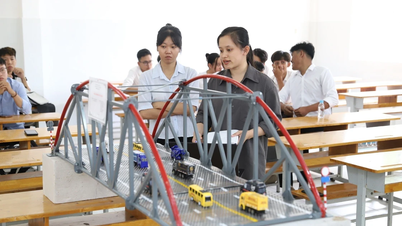

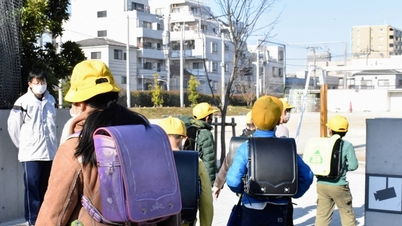

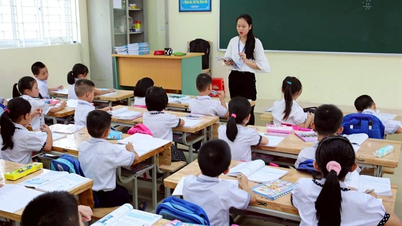





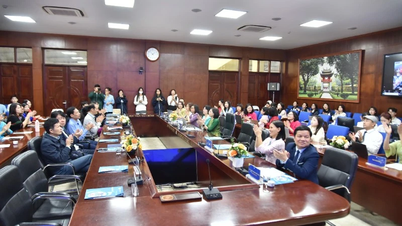

![[Video] Ministry of Education and Training announces the 2026 university and college enrollment plan](https://vphoto.vietnam.vn/thumb/402x226/vietnam/resource/IMAGE/2025/11/04/1762270484541_dung00-18-42-03still007-jpg.webp)







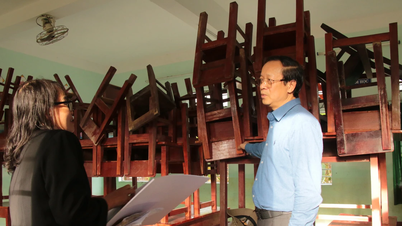

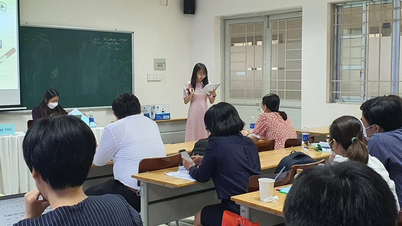
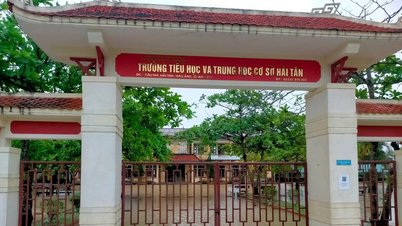
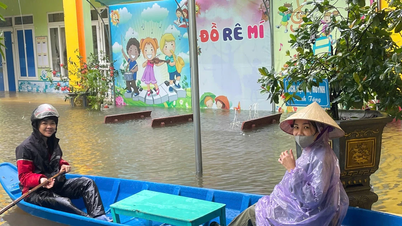
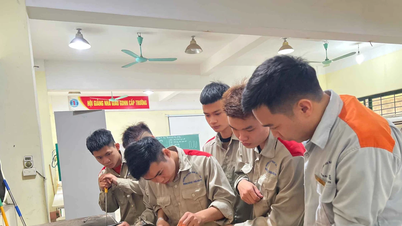


















































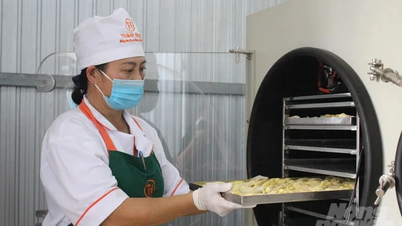

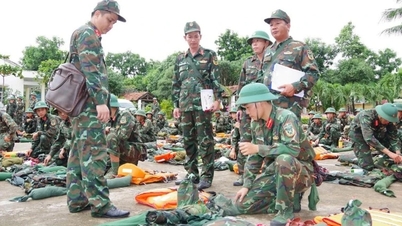













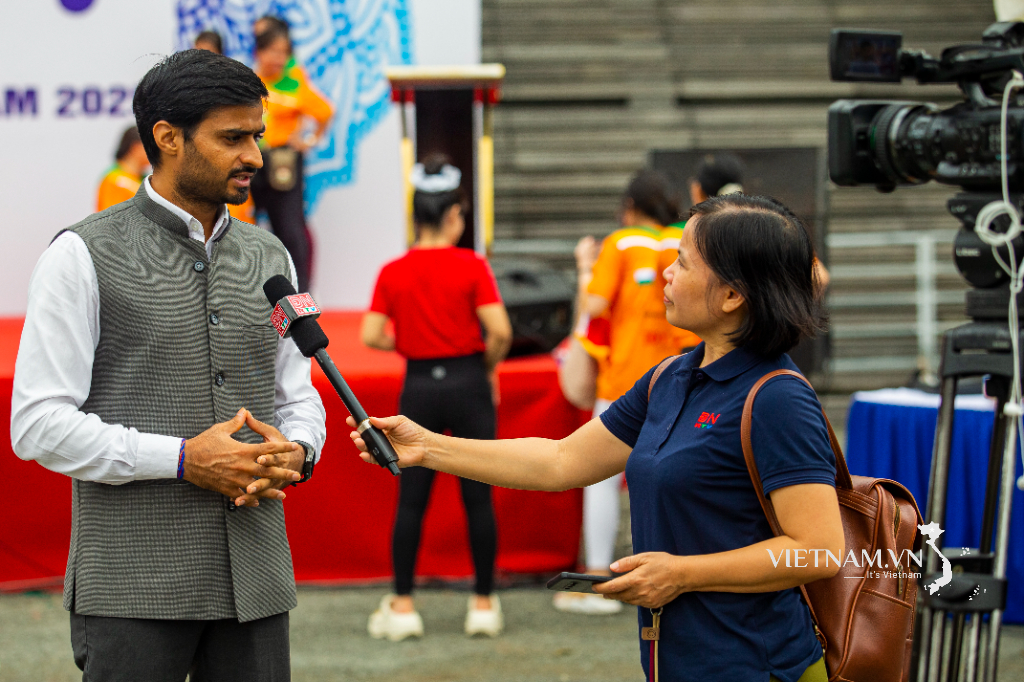
Comment (0)